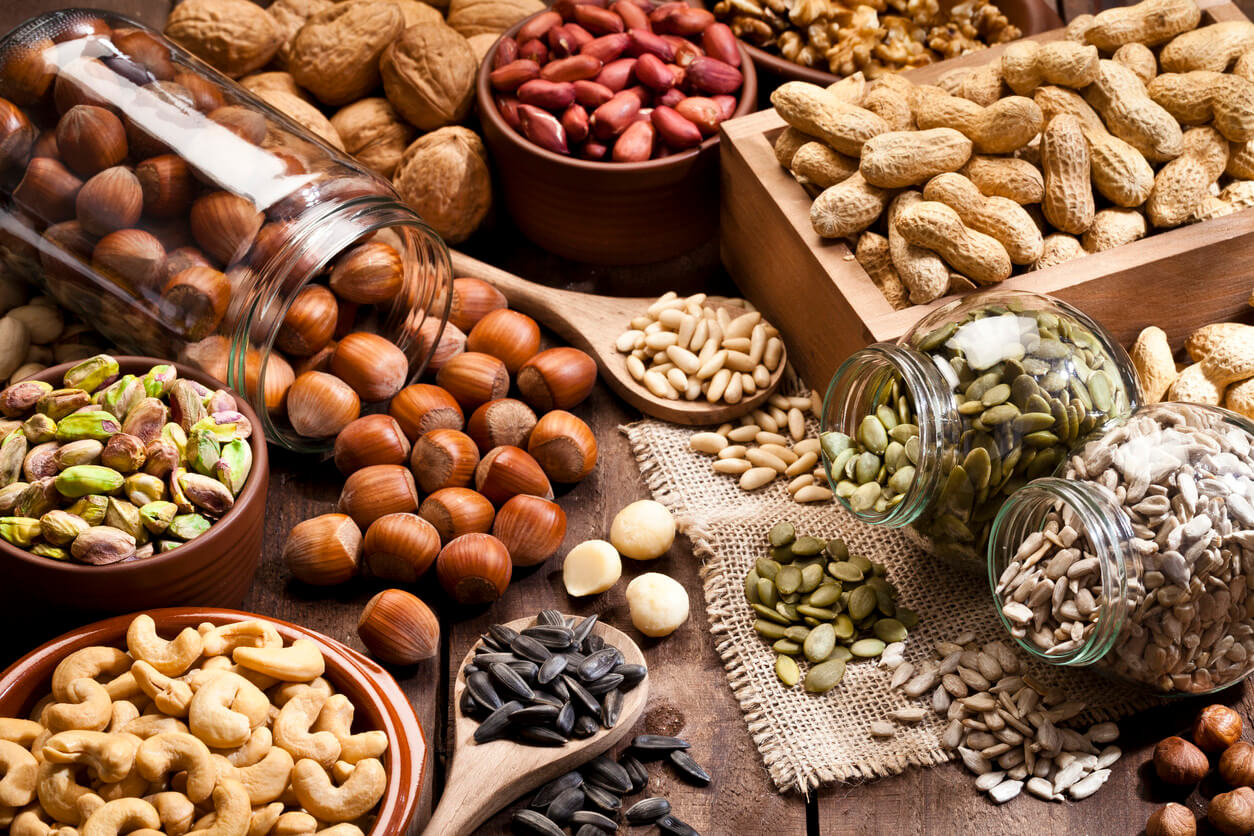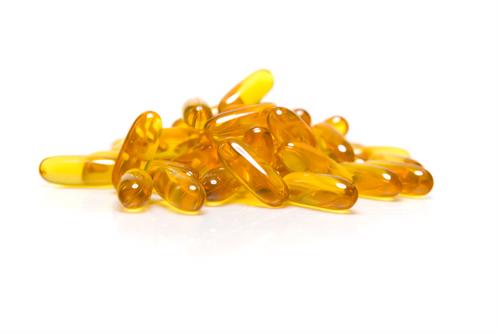The food we eat is an integral part of every single process in our body. Without the correct sustenance, every single aspect of our body gets affected—including our brains. Many of the food products we usually consume can be eaten without cooking, or at the very least, cooked far less than we typically do. When we eat our foods raw, mainly fruit and vegetables, it yields more benefits for our health and overall wellbeing.
Ever have a day where you seem to be forgetting everything? You set your phone down for a brief second, and then it is gone. Your keys are never in the same place twice. You swear you had your teacup a second ago, or maybe you're just having a foggy brain day? If you find yourself thinking perhaps you're getting old or too busy, and you're always so tired—chances maybe you are eating the wrong foods to fuel not only your body but your mind.
The food you eat can boost the power of your brain! Let's learn together all about the best raw foods for your brain to chase away those afternoon brain fogs!
Nuts and Seeds
You might already know that nuts and seeds are an excellent source of omega-3 fatty acids and antioxidants, good for literally every part of our bodies. But a growing body of scientific evidence points to consuming a higher overall nut intake may be linked to better brain function, especially in older age. In 2014(1), a study explored and showed that women who consumed nuts more frequently had a slightly higher educational attainment and tended to be more physically active. In another study released and published on May 17th, 2021(2), Dr. Sze-Yen Tan, a researcher from the Institute for Physical Activity and Nutrition, found cognitive benefits for adults over 60 who consumed at least half to one whole serving of nuts every day. Loaded with protein, containing omega 3 and omega 6, high in fiber, antioxidants, and vitamins such as E, B1, B2, and B3, nuts, and seeds not only are brain boosters but are excellent for your entire body. It's no wonder many nutritionists, doctors, and raw food experts always recommend eating plenty of nuts and seeds in your diet! The sorts of nuts and seeds you should try and incorporate in your meals every day are:- 10 Walnuts, or
- 15 cashews, or
- 10 Brazil nuts, or
- 20 almonds.
Berries
Several emerging studies are now researching the connection between berries and cognitive health. Berries are a plant food rich in flavonoids which are plant compounds that provide a wealth of health benefits. A new study published on July 28th, 2021, from the American Academy of Neurology(3) suggests that foods like berries may have up to 20% effectiveness in lowering the risk of cognitive decline. The study looked at several types of flavonoids and found that flavones and anthocyanins may be responsible for having the most protective effect. Blackberries, blueberries, cherries, and raspberries are all excellent sources of these potentially brain-boosting flavonoids.Green and Leafy Vegetables
We've said it before, and we're happy to repeat it—green leafy vegetables are super-sized powerhouses packed full of essential vitamins and nutrients that every single part of your body, including your brain, needs. For a small example, kale, spinach, collards, and broccoli are full of nutrients like vitamin K, lutein, folate, and beta carotene. Research suggests that:- Vitamin K – Specifically, in a study published on July 13th, 2021, scientists say vitamin K2 holds potential promise as a possible Alzheimer's prevention and treatment route. (Studies in vitro and animals have highlighted vitamin K involvement in brain cells development and survival, particularly antiapoptotic.(4) Something which prevents apoptosis—a type of cell death) and anti-inflammatory effect mediated by the activation of the Growth Arrest Specific Gene 6 and Protein S.
- Lutein – This is a type of organic pigment called a carotenoid. It's related to beta-carotene and vitamin A, and many may already equate lutein as "the vitamin for eyes" for a good reason. Lutein is one of two major carotenoids found in the human eye and is thought to function as a light filter, protecting the eye tissues from sunlight and damage. In a study published on May 21st, 2021, a systematic review of randomized controlled trials and cohort studies found that there may also be a link between lutein having a positive impact on brain health in healthy older adults as well.(5) One of the studies included in the review was conducted in 2020, gathering 5 other studies using lutein and astaxanthin (a red pigment that belongs to carotenoids that occur in certain algae and causes the pink-red color found in salmon).(6) The results showed that consumption of lutein and its isomer showed consistent results in selective improvement of visual episodic memory in young and middle-aged adults. One of the studies reported significant improvement in verbal episodic memory performance in middle-aged adults.
- Folate – Also known as folic acid, folate (vitamin B-plays a critical part in red blood cell formation and healthy cell growth and function. A study published on June 15th, 2020, in the British Journal of Nutrition, conducted by The Irish Longitudinal Study on Ageing, wished to prove a link between high folate levels in the blood increasing poor cognition in older adults. The study took blood samples from over 3,700 Irish older adults aged 50 and over, comparing cognitive health in individuals grouped by their combinations of b12 and folate blood levels. Not only did the study find no evidence of cognitive decline, but they also found a connection between those with higher folate seemingly having higher cognitive functions in older adults with lower folate levels.(7)
- Beta carotene – Beta carotene is the yellow, red, or orange pigment that gives vegetables and fruits these rich colors. Like lutein, it is another carotenoid and, like the research for lutein mentions, is linked to possibly better cognitive function and brain health.
Sources:
- https://www.ncbi.nlm.nih.gov/pmc/articles/PMC4105147/
- https://bmcgeriatr.biomedcentral.com/articles/10.1186/s12877-021-02239-1
- https://www.aan.com/PressRoom/Home/PressRelease/4913
- https://www.ncbi.nlm.nih.gov/pmc/articles/PMC8308377/
- https://pubmed.ncbi.nlm.nih.gov/34063827/
- https://pubmed.ncbi.nlm.nih.gov/32120794/
- https://www.sciencedaily.com/releases/2020/06/200615140836.htm








1 comment
Cynthia K Spann
Great information.
Great information.